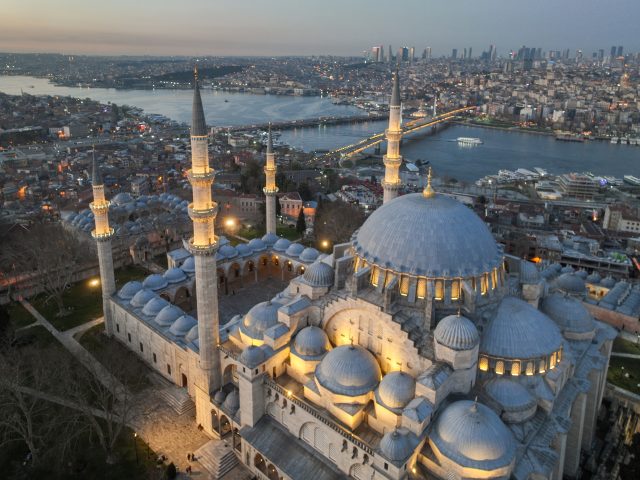This website uses cookies so that we can provide you with the best user experience possible. Cookie information is stored in your browser and performs functions such as recognising you when you return to our website and helping our team to understand which sections of the website you find most interesting and useful.
Turkish wine producers dealt another blow
Winemakers in Turkey have been left stunned by a government announcement that they must put up substantial collateral in case of “future unpaid tax fines”. db speaks exclusively to Turkey’s Chamlija Wines about the development.

Turkey’s agriculture ministry has imposed a law that says alcohol producers must provide financial collateral to cover any tax or administrative fines that the producer may face in the future.
From now on, all producers will be required by law to stump up a deposit of between 5 million Turkish Lira (£130,500) and 50 million Turkish Lira (£1.3 million). This sum will be seized if any future fines are left unpaid.
The law is one more in a litany of restrictions designed to inhibit alcohol sales in Turkey.
Producers are already banned from selling their products online and there are limits on marketing and retail sales, as well as a veto on alcohol being sold in close proximity to public buildings and schools.
Mustafa Camlica, CEO of Turkish producer Chamlija Wines, speaking exclusively to the drinks business about the implications of the new collateral requirement, calls the law “very poorly written” and insists that it “overrides constitutional rights.”
“Under Turkish Constitutional law a cash collateral is regarded as an action against the freedom rights of a person,” says Camlica, who before establishing Chamlija Wines was head of Turkey’s official Tax Department.
“Turkish VAT legislation already provides enough collateral since all raw materials, semi-finished goods and finished goods are regarded as collateral, even if they were sold but kept on the premises of the enterprise,” he says. “So, for us the law is in fact null and void.”

Unviable operation
Moreover, Camlica adds, the sum the government is asking for “exceeds the revenue of the enterprise in some cases”, making it unviable to deliver it.
“A law without being viable does not have the necessary quality to be implemented,” he tells db. “If this law is implemented as it is, I am afraid only a few big wineries will be able to operate in Turkey.”
Camlica is hoping that the Turkish Constitutional Court will move to annul the law. If it does not, then wine producers like Chamlija will need to supply the deposit “within a couple of months, but they may extend the deadline if they wish so.”
According to Camlica, it is unclear exactly how the collateral sum will be determined for each producer, but he recognises that the amount will be different for each wine business. “Hence, the Ministry defines it as they wish,” he says. “The law does provide a ‘zero’ collateral application, but I was told this was not an option.”
In terms of scale, Chamlija Wines has a total of 90 hectares currently under vine, including Chardonnay, Riesling, Cabernet Franc and Merlot, making it one of Turkey’s larger producers. It is also one of the few that has braved the export market.
Camlica expresses further concerns that the law, if upheld, may open the door to further costs down the line.
“Once in place, there is nothing to stop them raising the cost arbitrarily, perhaps doubling collateral next year,” he says.
Camlica features in db’s The Master Winemaker 100 report, and his Chamlija wines score consistently highly in the Global Masters blind tasting competition series.
He previously told the drinks business how his explorations into an ancient grape variety thought to be “the godfather of spice” represents his biggest investment in wine yet.
Called Papaskarasi, the variety has natural vanilla characteristics, without any oak barrel influence, and produces aromatic wines with “huge acidity” that makes them a perfect match for spicy food.

